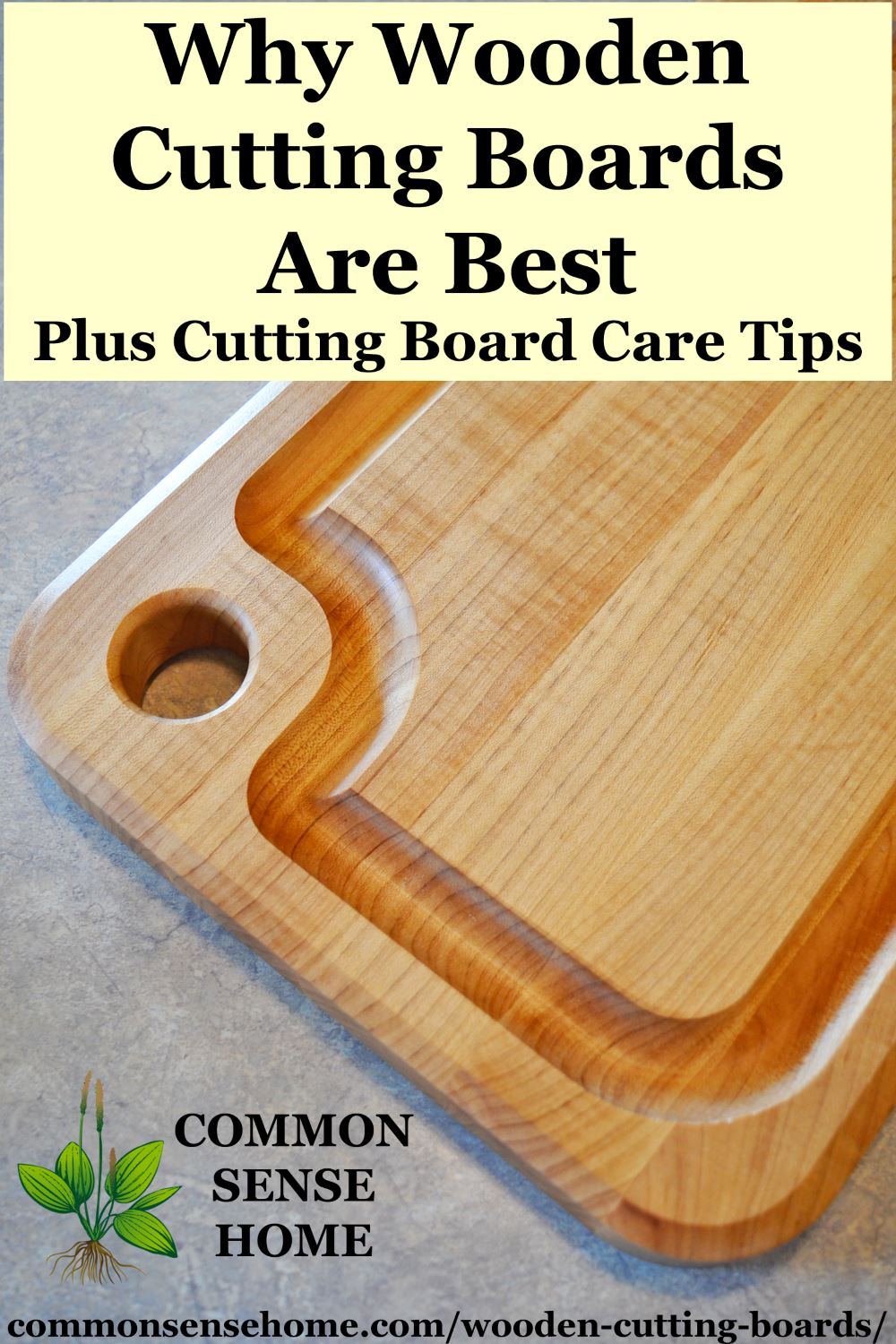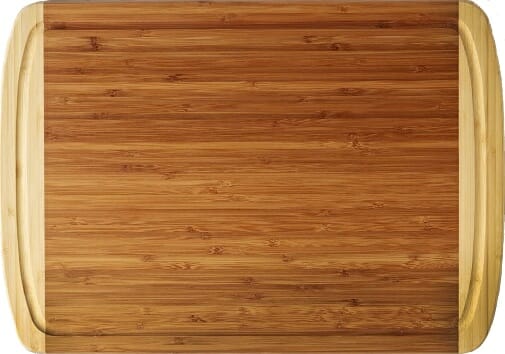
As long as you wash with hot soapy water after each use and use lemon or white vinegar for an extra disinfecting kick after you cut meats on your board it will remain bacteria. And in the worst case you can expose it to something that is made safe by cooking but later.

Knives arent the only kitchen tools that are dangerous if not properly used in the kitchencutting boards can harbor harmful bacteria if.
Do bamboo cutting boards harbor bacteria. Do bamboo cutting boards harbor bacteria. Typically bamboo does not get knife scars easily which is where bacteria tends to hide and grow. As long as you wash with hot soapy water after each use and use lemon or white vinegar for an extra disinfecting kick after you cut meats on your board it will remain bacteria.
My husbands nephew is 60. He made us a wooden cutting board in shop class. We are still using it.
We do have glass cutting board they are fine for the veggies but we use the wooden one for meat. Is bamboo classified as wooden. A cutting board is a necessary tool in the kitchen – without it and a knife almost no prep can be done.
But not all cutting boards are created equal. Some look great and are stylish to boot but wreak havoc on your knives. Others may appear to be hygienic but actually harbor bacteria as dangerous as salmonella and E.
Bacteria multiplied on the plastic boards yet seemingly died within three minutes on the wooden boards. The USDA still claims the reason for this is because bacteria seeps down into the wood. But here is the thing bamboo is naturally antibacterial.
While plastic cutting boards are easy to use and clean most are dishwasher-friendly they tend to harbor bacteria within grooves and cuts on the surface that develop overtime with use. One study published in the Journal of Food Protection looked at the difference between wood and plastic cutting boards that were contaminated with different. It is also critical that you disinfect your bamboo cutting board regularly to kill off any bacteria that may have built up on its surface.
Bamboo does contain mild antiseptic properties but this does not counteract the negative bacteria that comes with raw meats poultry seafood and more. In one study the same amounts of e-coli and salmonella were applied to both wooden and plastic cutting surfaces. The bacteria were allowed to sit on the cutting boards for a period of time.
It was then tested for safety. It was discovered that the bacteria thrived and multiplied on the plastic surface. Yes but the bacteria left in the crevices do not multiply like they do on a plastic board and if washed an cared for properly the bacteria die.
As for the effect boards have on knives studies have found that hardwoods as well as plastic protect the sharpness knives. However bamboo did not protect them as well and boards that were more. Bamboo cutting boards are harder and less porous than solid wood cutting boards.
Bamboo absorbs very little moisture and resists scarring from knives so theyre a lot more resistant to bacteria than other types of wooden cutting boards. Can I clean my cutting boards. The Dirty Truth About Cutting Boards.
Knives arent the only kitchen tools that are dangerous if not properly used in the kitchencutting boards can harbor harmful bacteria if. Many other cutting boards get small cuts and grooves from the knife which can harbor bacteria but the bamboo board doesnt. Bamboo is actually a grass not a tree so it is easy to grow and is one of the fasted growing plants on the earth.
Because bamboo is softer than wood skip the scrubbing and use a microfiber cloth and warm water to loosen food debris. Wash your bamboo cutting board quickly with dish soap and warm water. Rinse with warm water.
Pat it dry with paper towels. Bamboo on the other hand is often dense enough to resist knife scarring and naturally resists water penetration and letting bacteria find a place to form. Bamboo cutting boards are harder and less porous than hardwoods.
Bamboo absorbs very little moisture and resists scarring from knives so they are more resistant to bacteria than other woods. Clean bamboo cutting boards with hot soapy water. Over time any cutting board plastic or wood can develop deep scratches or grooves that may trap bacteria which could then spread to your food.
Harder materials such as bamboo. You can also avoid sharpening your knives as often as you would if youre using other type of cutting boards. Bamboo does not absorb water or liquids so it does not warp or bend as easily as traditional boards.
It doesnt harbor bacteria. It is incredibly easy to clean and they do. The problem with wooden cutting boards is that theyre porous so juices especially from meat can seep down into the wood and provide a rich nutrient broth for bacterial growth.
The problem with plastic cutting boards is that every time you cut on them with a knife you make a tiny groove in the plastic which can harbor bacteria. Everything exposed to bacteria harbors bacteria. Cutting boards in particular are exposed to the kinds of bacteria that cause food spoilage and illness.
And in the worst case you can expose it to something that is made safe by cooking but later.